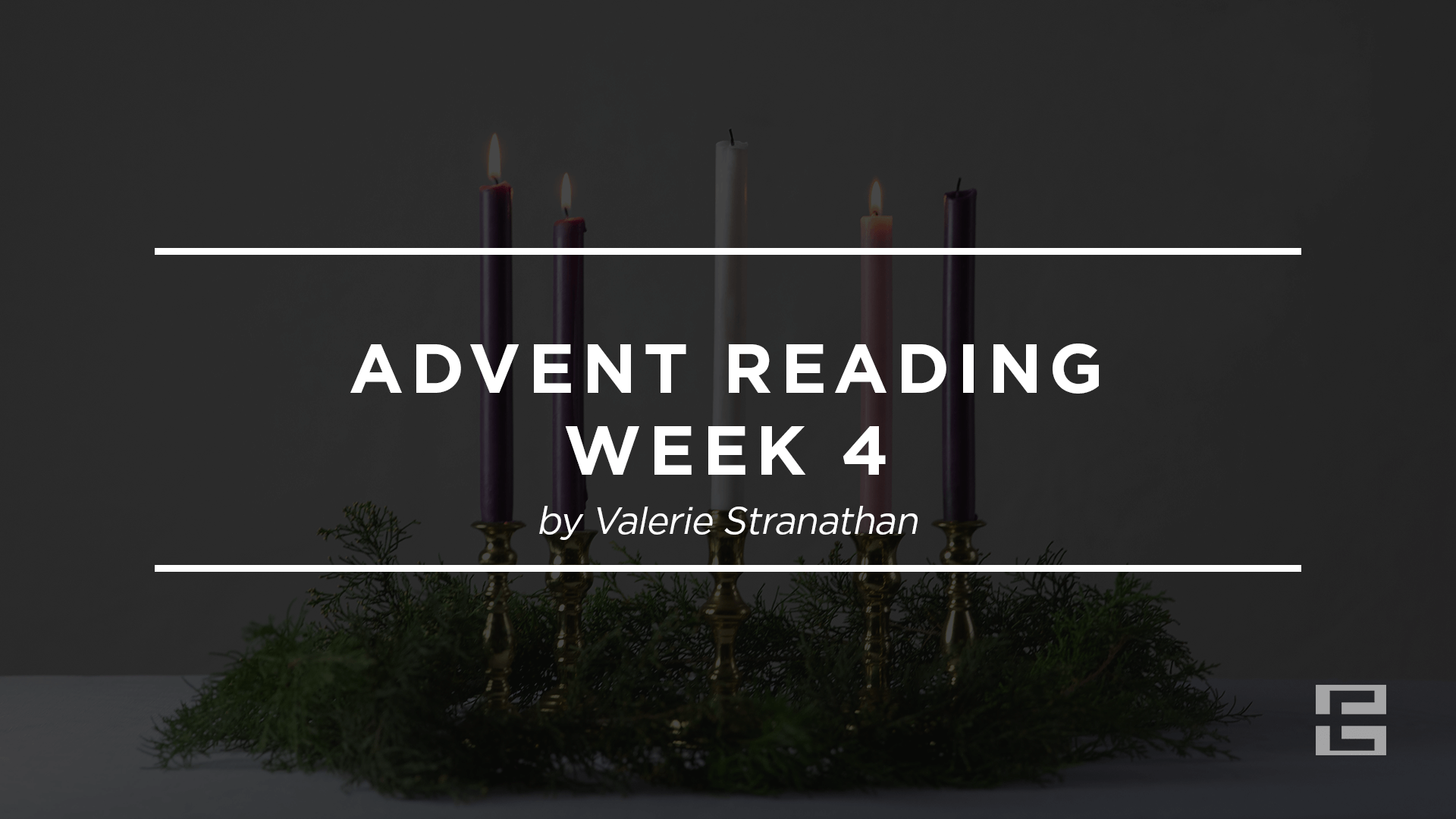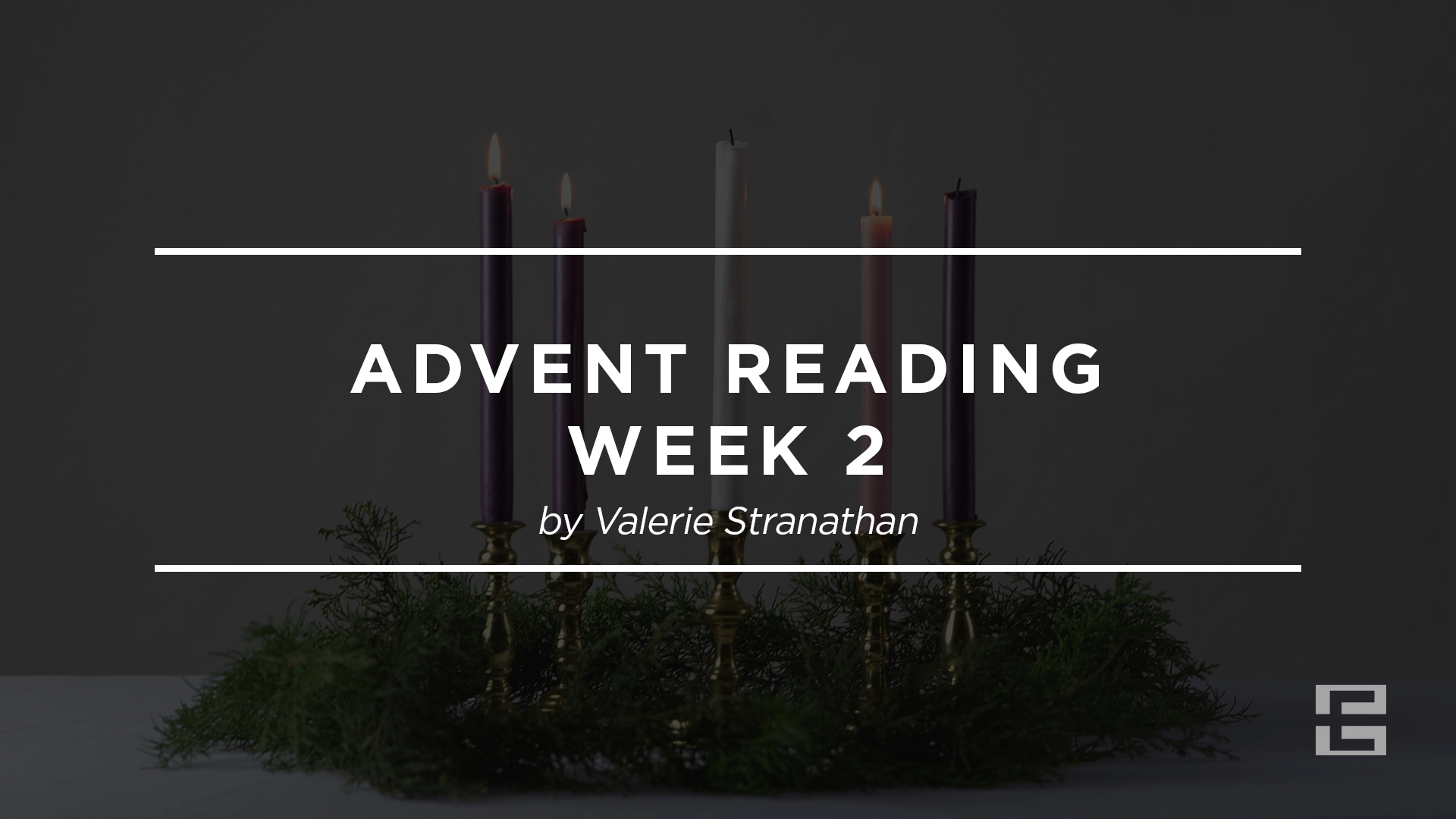I was having a FaceTime conversation with my sister when my son burst through the door. Without pausing to say “excuse me,” he got right to what was on his mind: “can I play on my Kindle?”
I was annoyed. My sister lives in Ecuador, so we don’t get to talk often. I was already struggling to concentrate while trying to hold my phone and a squirmy toddler at the same time.
After I finished the phone call, I sat down and reminded Jonah of what we’ve been teaching him: When you want something from me or daddy, you should stop and pay attention to what we’re already doing before you ask.
We’ve been working on this with our kids recently, helping them become more aware of others.
“What am I doing right now?” I’ll ask, when they come into the kitchen and ask where their lunch is, not seeing that I am actually, at that very moment, spreading peanut butter on bread.
I ask my children this question because I want them to see and know my love for them. I want to meet their needs, but I want to be more to them than a servant or maid or vending machine.
I am happy to dispense snacks and other fun things, but I want my kids to recognize who is giving them these things, and why. I want my children to know my heart towards them — to know me.
As I spoke to my son that afternoon, I realized I was the one who really needed to listen.
When it comes to prayer, I am just like my children.
I spend my days enjoying things my Father has prepared for me, yet rarely give a thought to him … until something interrupts or threatens my plans, and then I run to him, asking him to give me what I want.
Just like my son, I rush in to make my request without so much as a “hello” — without acknowledging who my Father is and has always been to me.
And just like my children, I tend to make those requests without first looking to see whether He is already at work to meet my needs.
Perhaps worst of all, when I ask for something, I frequently realize later on that I received it and simply continued on without thanking him. He heard me, answered me, gave me a gift out of love, and I did not acknowledge him.
I suspect I do these things because I don’t yet fully know what it means to call God “Father.” I am still coming to understand that salvation was not a “thing” God gave me, but a relationship: “See what kind of love the Father has given us, that we should be called children of God.” (1 John 3:1)
Instead of Father, I all too often relate to God as my business partner, looking for his assistance in carrying out my plans. I send up prayers as to a divine vending machine, hoping to get the answers I want.
But Jesus came as Immanuel, God with us. He came to dwell with us, to know us and be known by us. As our loving Father, he is at work everywhere and always to do us good, and he wants us to know this — not so we can do something for him in return, but so we can enjoy our relationship with him.
When I don’t seek him first in prayer, I miss knowing what it means to have such a Father. I miss his love, his gentle care, his generous provision. I miss him.
What can I do about this? How can I grow out of my childish self-centeredness?
If we believe that God is at work in our past, present, and future, we should ask him to help us see what he is about.
For me, this has meant asking God to help me see what he’s doing in my circumstances and in the situations and people I’m praying about.
It has meant spending more time thanking God for what he has done, is doing, and will do.
As I do this, I find that being “in prayer” is less about what I say or do, than where I am. Being “in prayer” is a place of awareness of God, looking to him in patient, childlike dependence.
It means that when I run to him with my requests, I will at least try to stop and say “hello” before I start on my list.



